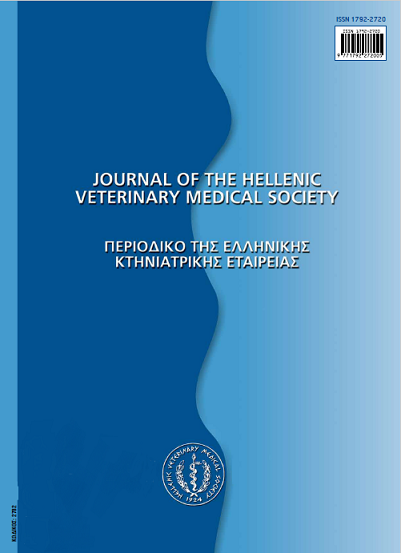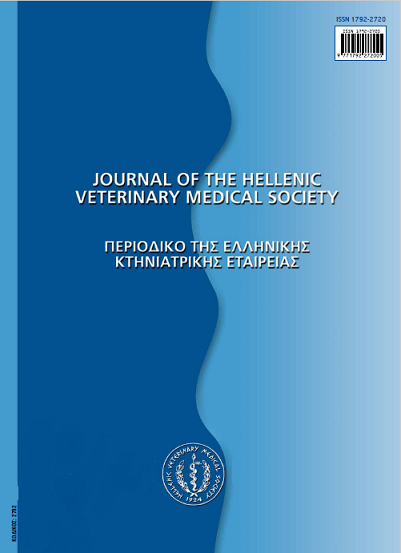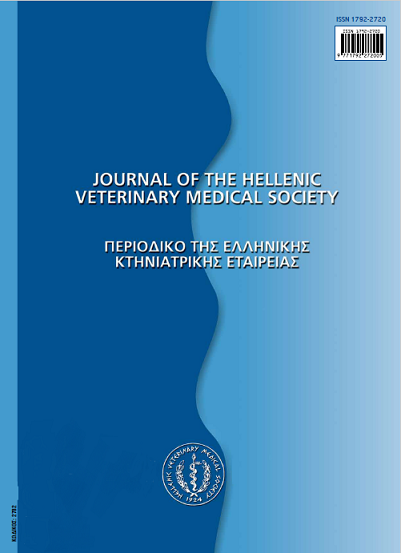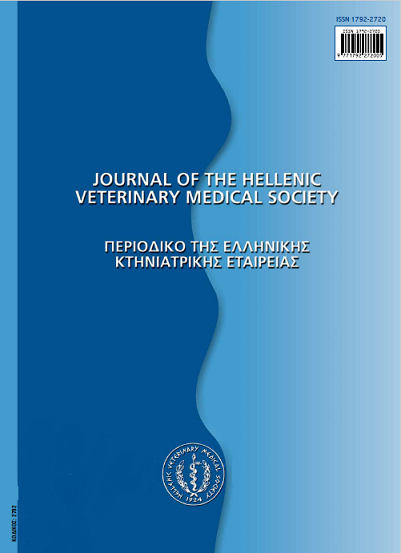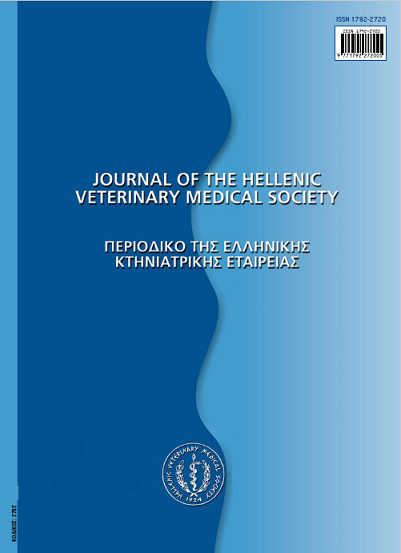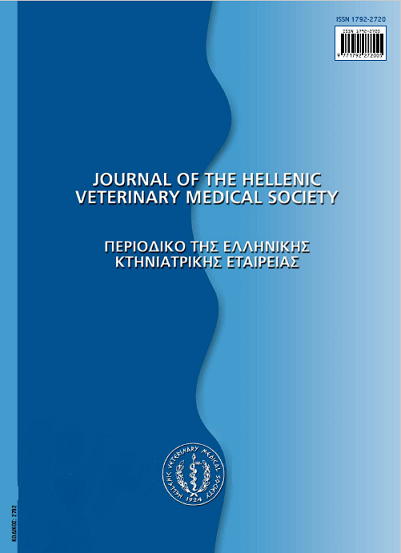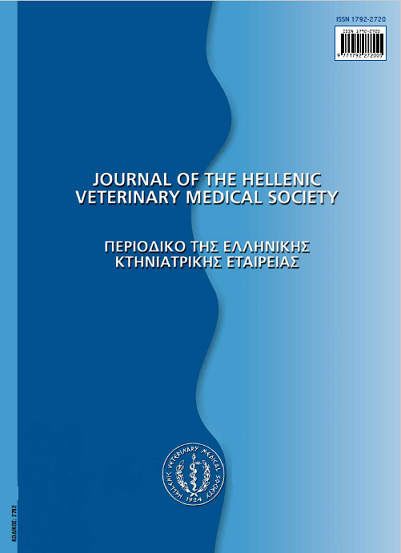Ευζωία των ψαριών
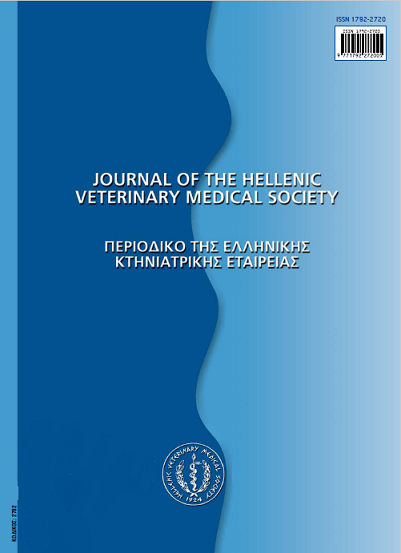
Περίληψη
Η ευζωία των ψαριών και γενικότερα όλων των ζώων είναι μια έννοια που δηλώνει μια ανώδυνη και μη οτρεσογόνα κατάσταση διαβίωσης. Τέτοια έννοια, αν και τα προηγούμενα χρόνια είχε πολλές φορές αμφισβητηθεί από τους παράγωγους, θεσμοθετείται πλέον αυστηρά από πολλές χώρες. Για τα ψάρια, λίγα είναι τα παραδείγματα τέτοιας θεσμοθέτησης, όπως, για παράδειγμα, στη Νορβηγία και στη Γερμανία η θανάτωση για ανθρώπινη κατανάλωση πρέπει να πραγματοποιείται βασιζόμενη σε συγκεκριμένες τεχνικές, συμβατές με την ευζωία των ψαριών. Όλα τα ζώα χρειάζονται μια σταθερότητα του περιβάλλοντος διαβίωσης προκειμένου να επιβιώσουν, να αναπτυχθούν και να αναπαραχθούν .Η μη εξασφάλιση τέτοιας σταθερότητας ορίζεται ως κατάσταση στρες. Στα ψάρια, οι αιτίες που μπορούν να τους προκαλέσουν στρες είναι ποικίλες. Πρώτον, σχεδόν όλοι οι χειρισμοί που πραγματοποιούνται σε επίπεδο ιχθυοκαλλιέργειας θεωρούνται στρεσογόνοι (π.χ. μεταφορά). Δεύτερον, οι ακατάλληλες συνθήκες εκτροφής, π.χ. η υψηλή ιχθυοπυκνότητα και ένα μη ισορροπημένο σιτηρέσιο, θέτουν σε αμφισβήτηση την ευζωία των ψαριών. Στοίδιο αποτέλεσμα οδηγούν και άλλοι παράγοντες, όπως η ακατάλληλη ποιότητα του νερού εκτροφής, οι τεχνικές που χρησιμοποιούνται για την πρόληψη και θεραπεία ασθενειών, οι τεχνικές θανάτωσης και η μεταφορά.
Λεπτομέρειες άρθρου
- Πώς να δημιουργήσετε Αναφορές
-
TSANTILAS (Η. ΤΣΑΝΤΗΛΑΣ) H., ATHANASSOPOULOU (Φ. ΑΘΑΝΑΣΟΠΟΥΛΟΥ) E., GALATOS (Α.Δ. ΓΑΛΑΤΟΣ) A. D., & BITCHAVA (Κ. ΜΠΙΤΧΑΒΑ) K. (2017). Ευζωία των ψαριών. Περιοδικό της Ελληνικής Κτηνιατρικής Εταιρείας, 57(2), 140–148. https://doi.org/10.12681/jhvms.15022
- Τεύχος
- Τόμ. 57 Αρ. 2 (2006)
- Ενότητα
- Review Articles
Οι συγγραφείς των άρθρων που δημοσιεύονται στο περιοδικό διατηρούν τα δικαιώματα πνευματικής ιδιοκτησίας επί των άρθρων τους, δίνοντας στο περιοδικό το δικαίωμα της πρώτης δημοσίευσης.
Άρθρα που δημοσιεύονται στο περιοδικό διατίθενται με άδεια Creative Commons 4.0 Non Commercial και σύμφωνα με την άδεια μπορούν να χρησιμοποιούνται ελεύθερα, με αναφορά στο/στη συγγραφέα και στην πρώτη δημοσίευση για μη κερδοσκοπικούς σκοπούς.
Οι συγγραφείς μπορούν να καταθέσουν το άρθρο σε ιδρυματικό ή άλλο αποθετήριο ή/και να το δημοσιεύσουν σε άλλη έκδοση, με υποχρεωτική την αναφορά πρώτης δημοσίευσης στο J Hellenic Vet Med Soc
Οι συγγραφείς ενθαρρύνονται να καταθέσουν σε αποθετήριο ή να δημοσιεύσουν την εργασία τους στο διαδίκτυο πριν ή κατά τη διαδικασία υποβολής και αξιολόγησής της.



